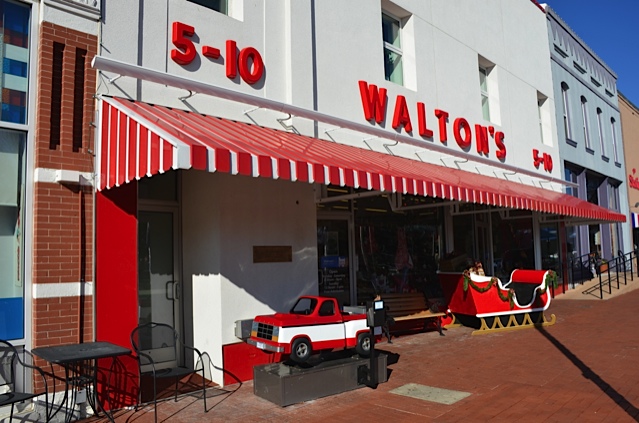
Tip number six in Daniel Coyle’s book, The Little Book of Talent, is “Choose Spartan Over Luxurious.” Coyle correctly explains that we love comfort—state-of-the-art practice facilities, oak-paneled corner offices, expensive fluffy towels, and all kinds of other luxurious creature comforts and statements of status.
Coyle asserts that “luxury is a motivational narcotic: It signals our unconscious minds to give less effort. It whispers, ‘Relax, you’ve made it.’”
Coyle asserts that talent hotbeds are not luxurious. In fact, the opposite is true. Some of the most recognized and famous talent hotbeds are referred to as “chicken-wire Harvards.” As is true throughout his book, Coyle provides specific, highly relevant examples supporting his tips for improvement and greater success.
Coyle writes, “Simple, humble spaces help focus attention on the deep-practice task at hand. When given the choice between luxurious and spartan, choose spartan. Your unconscious mind will thank you.”
Whether you like or respect the legacy of Sam Walton and the Walmart worldwide business, you can’t effectively argue that it has not been a world wide phenomenal success. From a financial standpoint, the heirs of Sam Walton have far greater wealth than Bill Gates or Warren Buffett. Instinctively, Sam Walton knew that “luxury is a motivational narcotic: It signals our unconscious minds to give less effort. It whispers, ‘Relax, you’ve made it.’”
Warren Buffett would agree. Over the course of forty years he went from having no wealth to being one of the richest men in the world, yet Buffett still lives in the same house in Omaha, Nebraska. He leads by example—a simple, frugal life.
There is a great leadership lesson to be learned from these exceedingly successful leaders and entrepreneurs. “Luxury is a motivational narcotic: It signals our unconscious minds to give less effort. It whispers, ‘Relax, you’ve made it.’”
It is well worth the time and effort to examine your own example and your leadership in this area. Choose spartan over luxurious!

